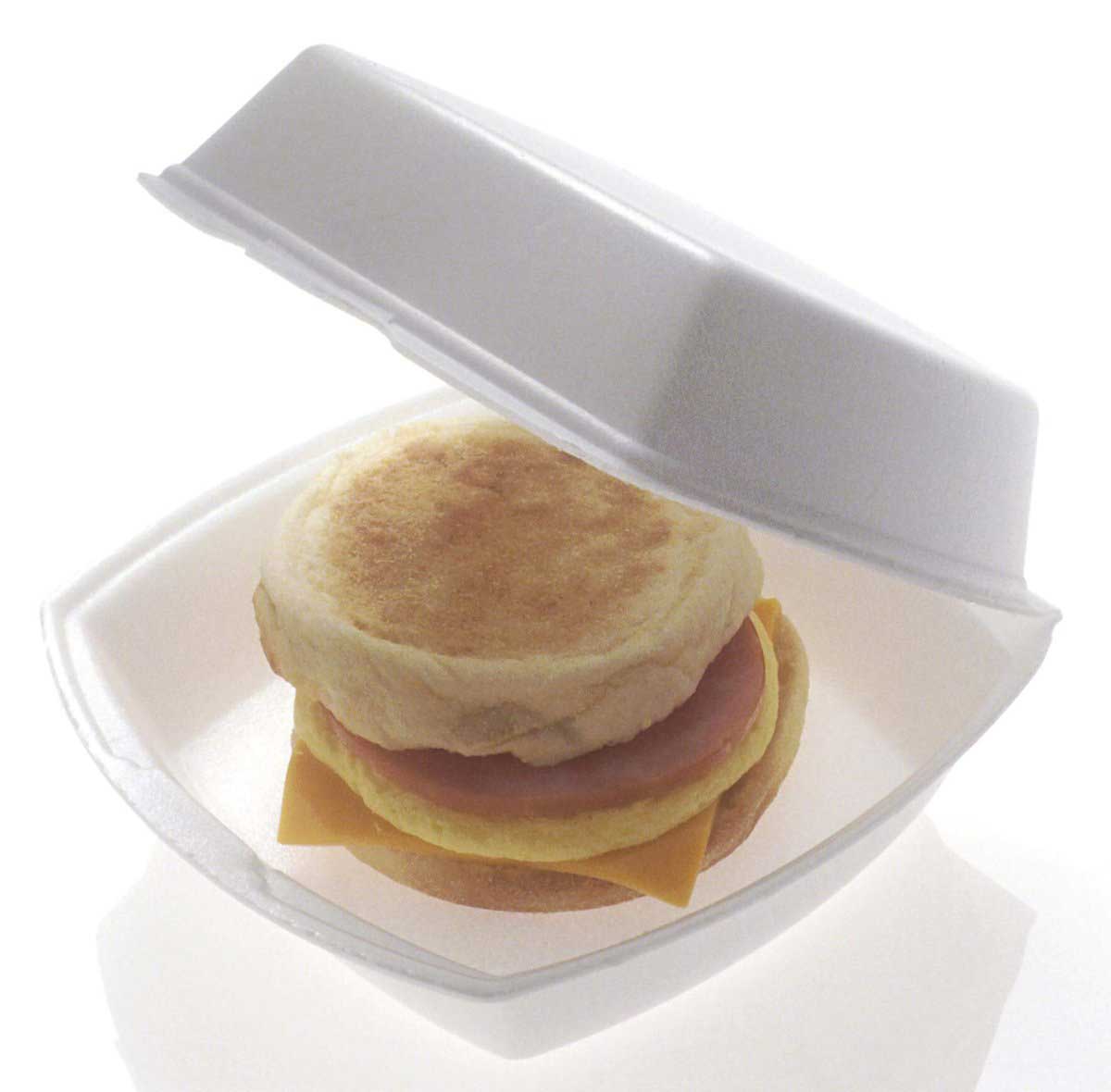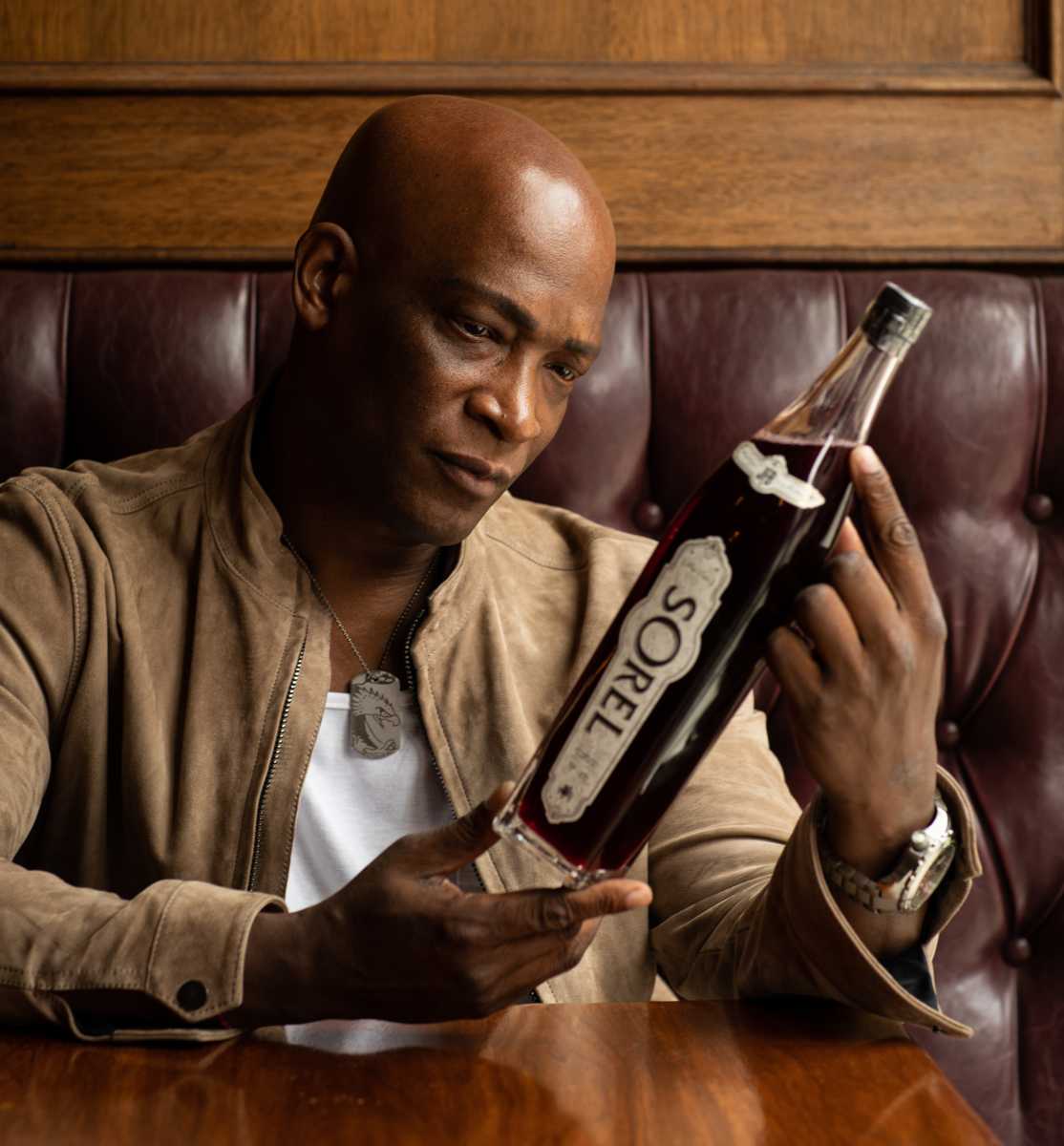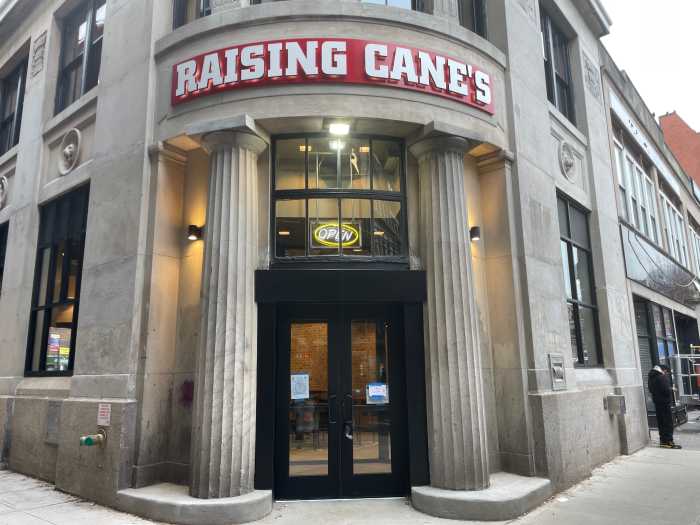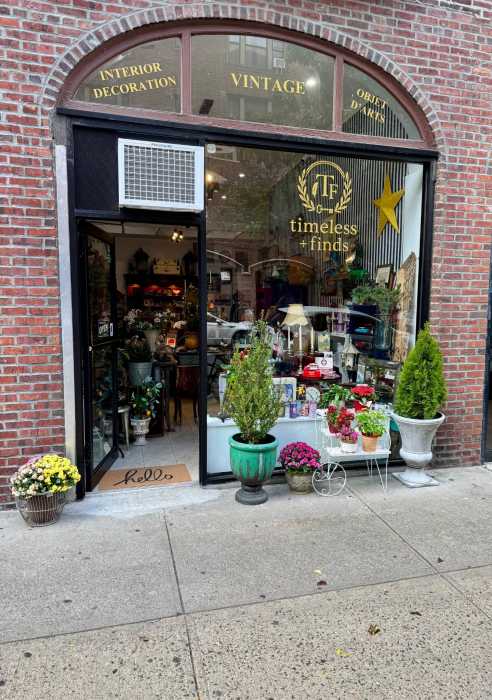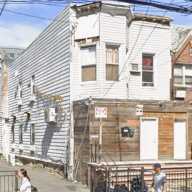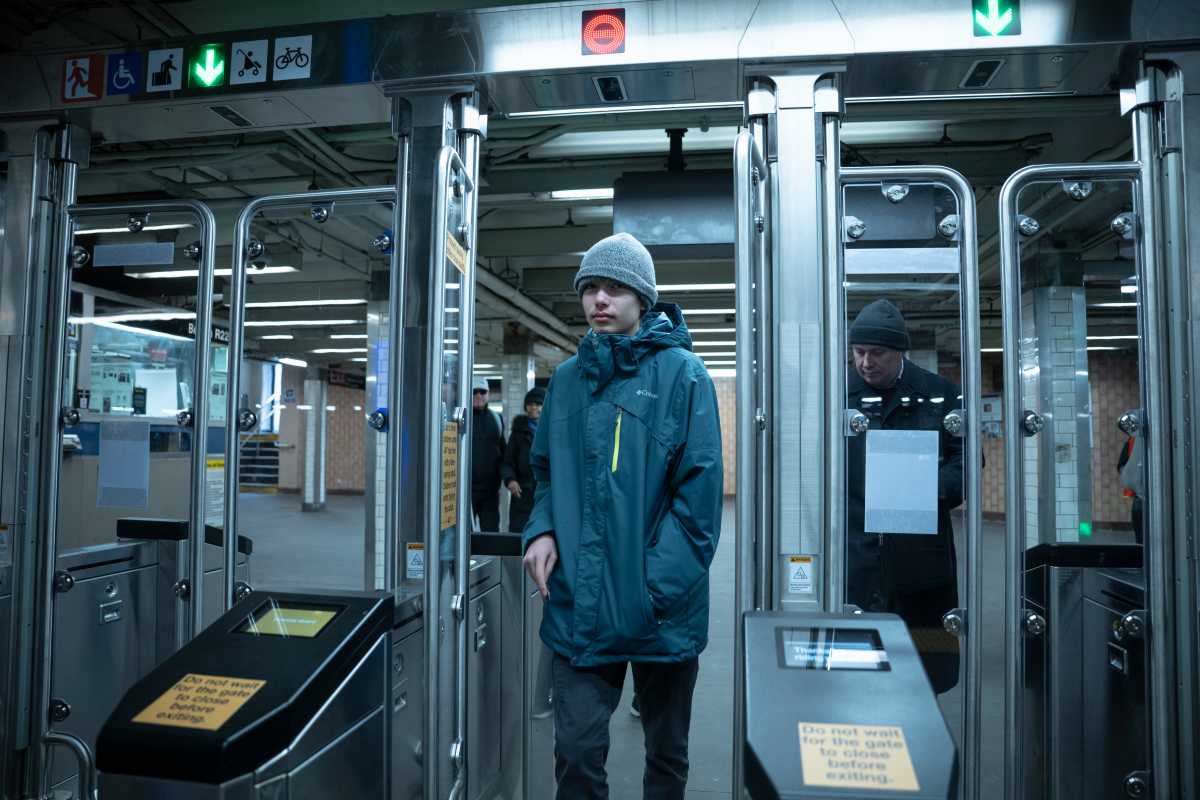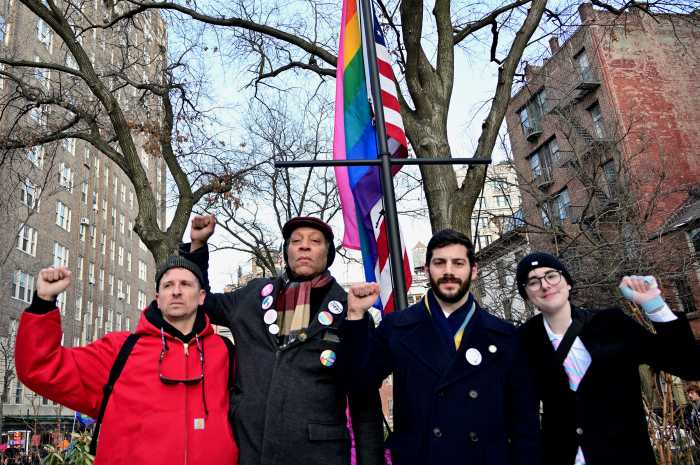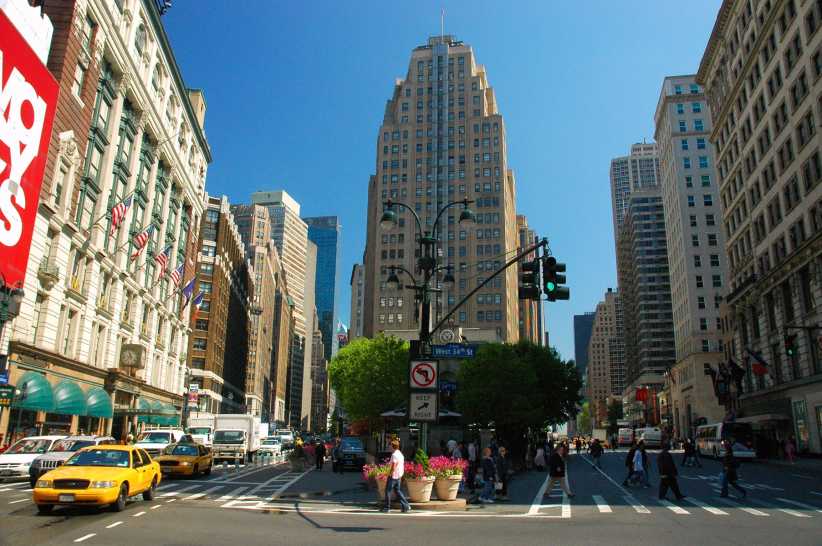A business group in Flushing hopes that the city’s ban on foam, which the Department of Sanitation began to enforce this week, will not cause further strain to small businesses and mom-and-pop restaurants that may already be struggling.
“A lot of the smaller restaurants and mom-and-pop stores are feeling the squeeze,” said John Choe, the executive director of the Greater Flushing Chamber of Commerce. “We’re hoping that the styrofoam ban won’t be adding to that growing pressure. We’ll continue to monitor the situation.”
Business found in violation will now be fined by the city’s Department of Sanitation. While the ban took effect on Jan. 1, 2019, enforcement did not begin until this month.
Choe applauded the long roll out during which business had time to be educated on the ban and begin to make the transition to alternative packaging. However, the cost of doing business in the fast-developing neighborhood is hard to ignore, he said.
“Our concern as a chamber is the rising cost of doing business in Flushing,” said Choe. “A lot of businesses like older restaurants have closed over the last year due to increased rents and increased labor costs.” Choe also cited the rise of developments and chain stores in the area as contributing factors to the strain.
The foam ban prohibits stores and restaurants from offering, selling or possessing single-use foam food containers. These containers include clamshells, cups, plates, bowls, coolers and trays.
Packing peanuts have also been banned – despite what their name may suggest, packing peanuts are unrelated to food, instead used to protect items shipped in a box.
“Reducing our waste is vital to the health of our planet and our city,” said Corey Johnson, the speaker of the City Council. “Single-use foam has littered our streets, sidewalks and parks or ended up in landfills for too long.”
“I am thrilled that we are taking steps to remove materials that cannot be recycled from our waste system,” Johnson said.
Now that enforcement has begun, businesses found in violation should expect a fine – $250 for the first violation, $500 for the second within 12 months of the first, and $1,000 for the third violation and each to follow within 12 months.
As an alternative to foam packaging, businesses are encouraged to use compostable products, recyclable paper, plastic or aluminum.
Because foam is unable to be recycled, it is collected as trash, the department says. From there, it ends up landfills, where it remains, with no hope of breaking down.
“When it comes to the environmental challenges facing our state and our world, we’ve learned that if we all make small changes in our behavior, together we can have a big impact,” state Senator Liz Krueger said. “New York City’s ban on polystyrene packaging is the kind of forward-thinking policy that will ensure our children and grandchildren inherit a livable planet.”
As part of its efforts to make affected businesses aware of the ban, the the sanitation department sent out nearly 130,000 mailers to commercial addresses, sent emails to elected officials, BIDs, chambers of commerce and industry groups, released a taxi cab video and blasted out a social media campaign.
Small business and nonprofits with a gross income of less than $500,000 can apply for an exemption from the ban through the Department of Small Businesses Services, however they need to first prove that purchasing alternative products would hurt their businesses.
The Greater Flushing Chamber of Commerce is offering assistance to businesses in the area who may be seeking to apply for the waiver.

